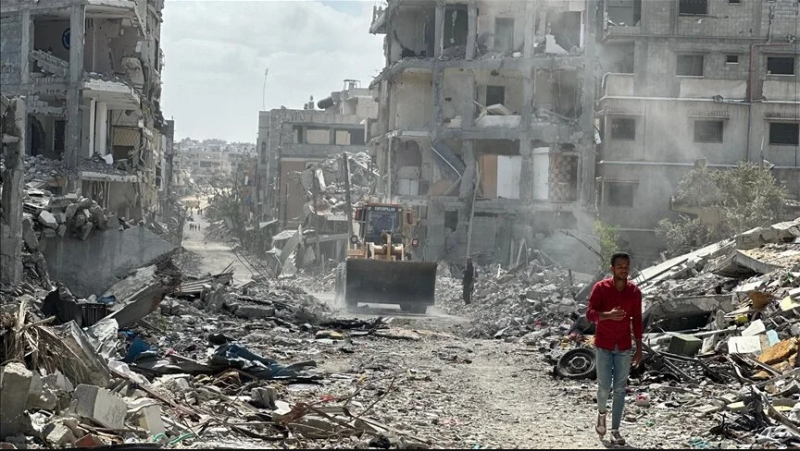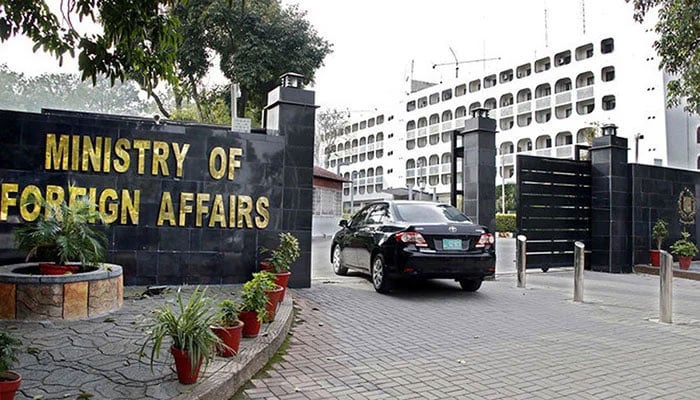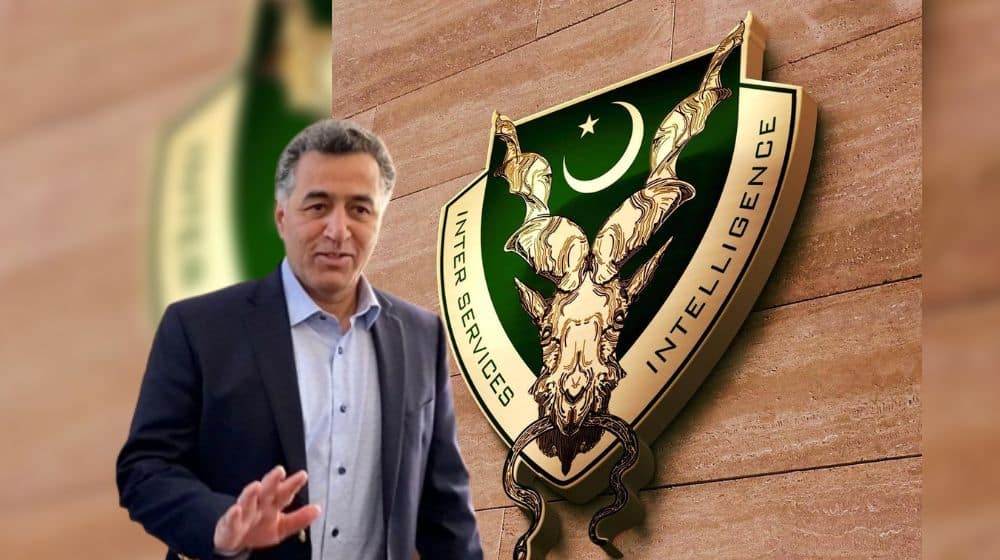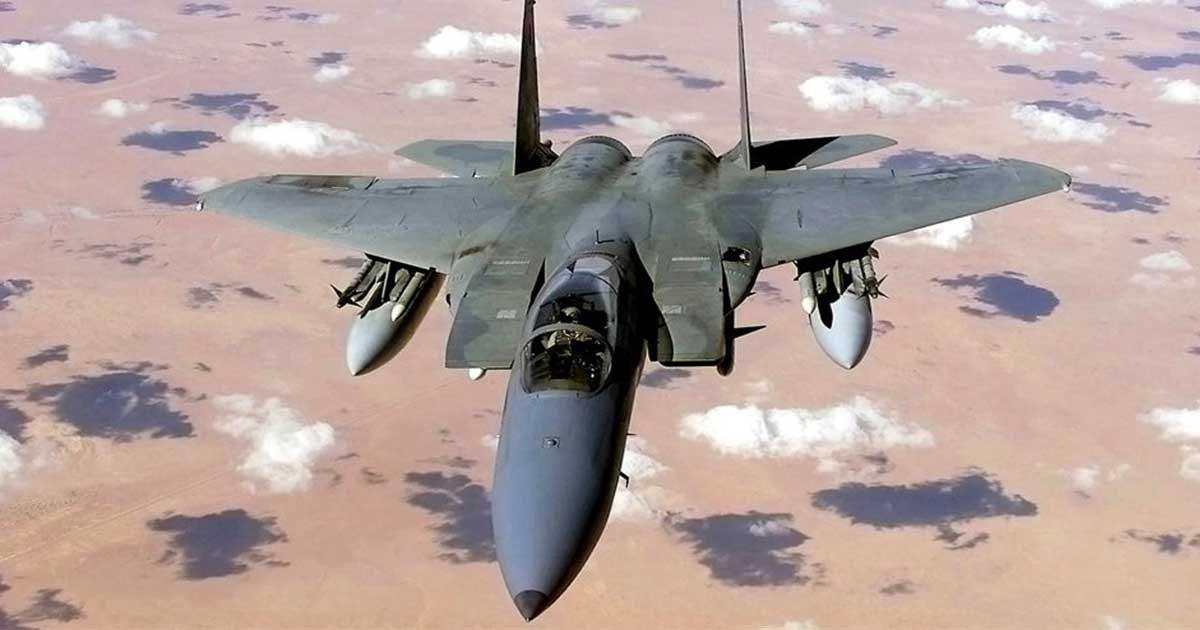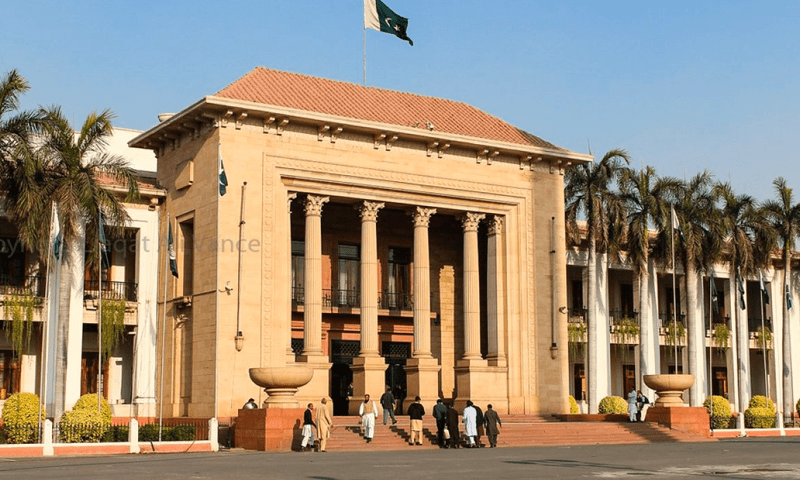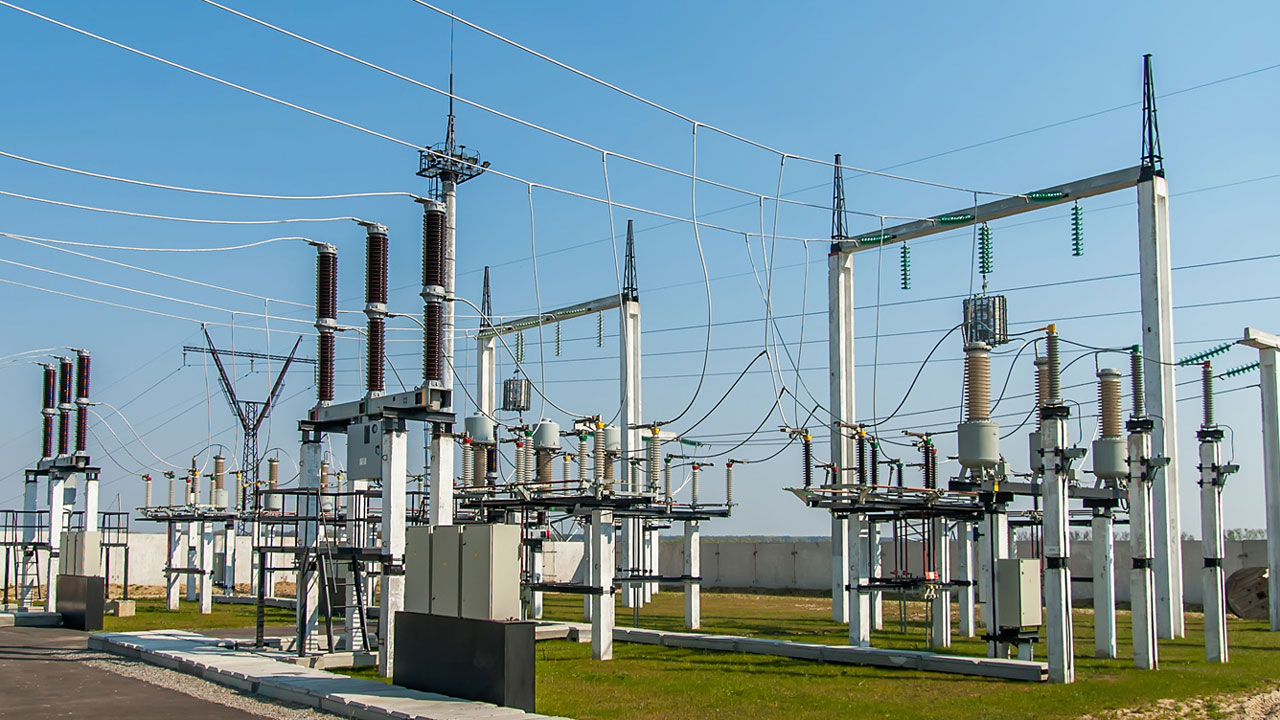Israeli Prime Minister Benjamin Netanyahu on Tuesday called for Hamas to be expelled from Gaza, a day after the United Nations Security Council endorsed US President Donald Trump’s Gaza plan, which offers the group amnesty. Netanyahu’s remarks appear to signal differences with the US, despite his prior support for the plan during a White House visit in September. Hamas has also objected to parts of the proposal, raising questions about its feasibility.
Netanyahu published posts on X applauding Trump and stating that Israel believes the plan could lead to peace through the “full demilitarisation, disarmament, and deradicalisation of Gaza.” He urged neighboring countries to join Israel in removing Hamas and its supporters from the region. A government spokesperson clarified that this would mean Hamas has no governing role in Gaza as outlined in Trump’s 20-point plan, though the plan itself does not explicitly call for the group’s expulsion.
Trump’s plan offers amnesty for Hamas members who commit to peaceful coexistence and disarmament, and allows safe passage for those leaving Gaza. The plan envisions reforms to the Palestinian Authority that could eventually create a pathway toward Palestinian self-determination and statehood. European and Arab nations insist Gaza must be governed by the Palestinian Authority to ensure long-term stability.
Ahead of the UNSC vote, Netanyahu reaffirmed opposition to Palestinian statehood and any Palestinian Authority role in Gaza. Palestinian officials welcomed the resolution, describing it as a first step toward peace, while Hamas criticized international oversight mechanisms. A multinational force is planned to stabilize Gaza, monitor the ceasefire, and oversee reconstruction.
Hamas’ gradual reassertion of control and the detention of staff from a Gaza water company has caused disruptions affecting over one million residents. Public protests against Hamas’ governance remain limited, highlighting ongoing tensions over Gaza’s administration. Analysts warn that resolving governance and humanitarian issues is critical to implementing the US-backed peace plan effectively.



